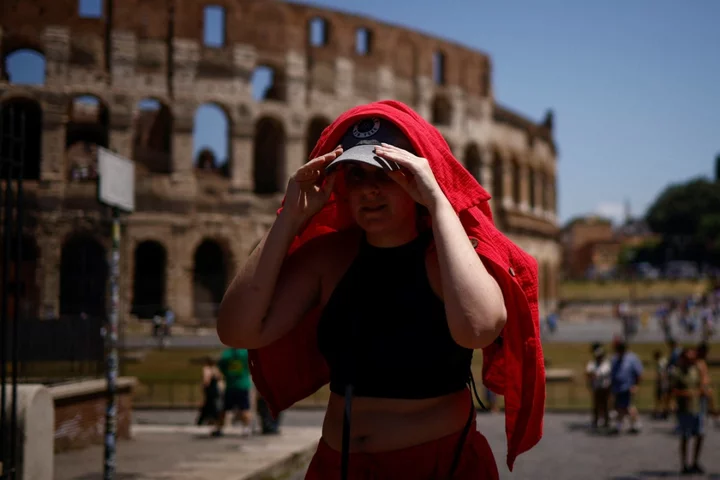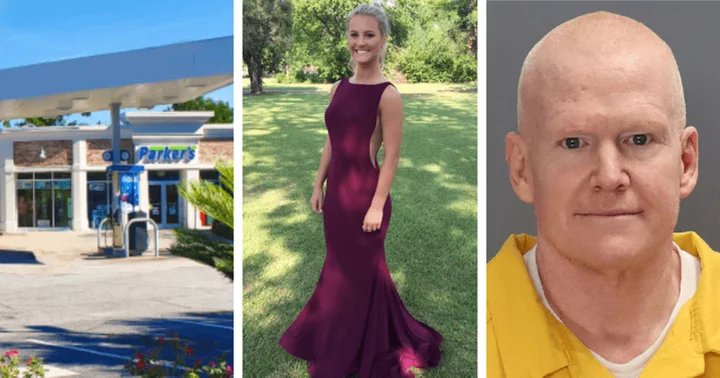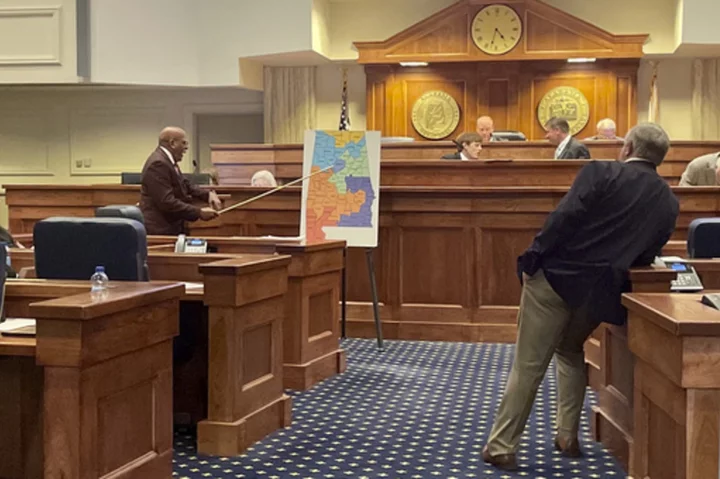By Daniel Wiessner
New York's top state court on Thursday endorsed a broad application of a law prohibiting convicted sex offenders on parole from being within 1,000 feet of schools, rejecting challenges in two lawsuits by men convicted of sex crimes.
In a 4-3 ruling, the New York Court of Appeals said the law can be applied to sex offenders convicted prior to 2005, when state lawmakers made several amendments broadening its scope.
The court in a separate, unanimous decision held that the law applies to sex offenders aged 18 or younger when they committed their crimes and designated "youthful offenders," even when it prevents them from attending school.
The state law bars any person "serving a sentence" for various sex crimes from coming within 1,000 feet of school grounds and childcare facilities. Offenders who violate the law can be imprisoned or have their parole extended.
The U.S. Constitution generally bars states from applying criminal laws retroactively. Danny Rivera, convicted of rape and murder in 1986 and paroled in 2019, claimed that applying New York's law to his conviction severely limited where he could live and work.
The court said on Thursday the law was valid because it merely sets conditions for parole rather than criminalizing conduct that was previously legal.
The dissenting judges said that because the law can result in lengthy periods of incarceration, it improperly punishes conduct that was lawful before the 2005 amendments.
A lawyer for Rivera did not immediately respond to a request for comment.
In the second case, a sex offender identified as E.S. argued that the school grounds law thwarted the goal of New York's "youthful offender" status, which is to shield them from many of the consequences of adult criminal convictions. E.S. was convicted of attempted rape when he was 18.
The court said barring young offenders from school grounds may be severe, but was in line with the law's purpose of protecting children from sex offenders who are determined to pose the most risk.
(Reporting by Daniel Wiessner in Albany, New York, Editing by Alexia Garamfalvi and Richard Chang)









